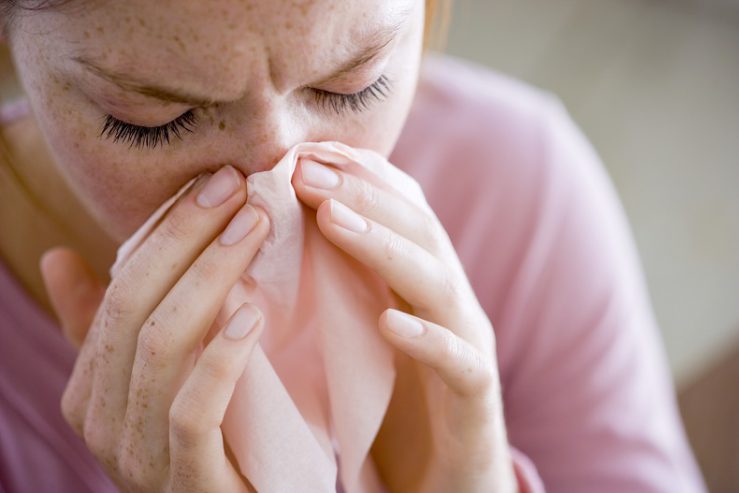Will taking a decongestant raise your blood pressure?
Before you reach for cold, flu, or allergy relief at the drugstore, it’s important to learn how decongestants, a common ingredient in many over-the-counter medicines, can affect your heart rate and blood pressure.
What Is a Decongestant?
When you have a cold, allergies, or sinus trouble, the membranes in your nose, sinuses, and chest can swell and block the flow of air. This makes you feel stuffy or congested.
A decongestant is a kind of medicine that helps shrink the blood vessels in these membranes, lowering the swelling and helping you breathe easier.
Decongestants are found in many kinds of cold, flu, sinus, and allergy medicines, but not all. To find out if the medicine you want to take has a decongestant in it, look at the drug facts label on the package. This label will show the names of all the active ingredients in the medicine and their purpose. Even if you don’t have high blood pressure or a heart problem, it’s a good idea to talk to your doctor or pharmacist before you take a new kind of medicine.
Decongestants and High Blood Pressure
Decongestants are similar to adrenaline, a hormone that helps you fight or flee from danger in times of stress.
Adrenaline opens your airways, causes your blood vessels to shrink, and moves more blood to your heart and lungs. This makes your heart beat faster and causes your blood pressure to go up.
Because decongestants act like adrenaline, they can also raise your blood pressure and pulse. You should not use decongestants if you have:
- High blood pressure
- Heart disease
- An irregular heartbeat
Finding Relief Without Decongestants
If you’re not able to take decongestants because of your blood pressure, talk to your doctor about other ways to find relief. Your doctor may suggest:
- Taking medicines that do not contain decongestants but can still help relieve your symptoms
- Drinking plenty of fluids like water, tea, juice, and soup
- Using a saline nasal spray to flush out your sinuses
- Getting enough rest, and taking it easy with your activities
- Using a cool-mist humidifier to make the air in your home moist
To learn more, visit the UPMC Heart and Vascular Institute or call 1-855-UPMC-HVI (876-2484).
